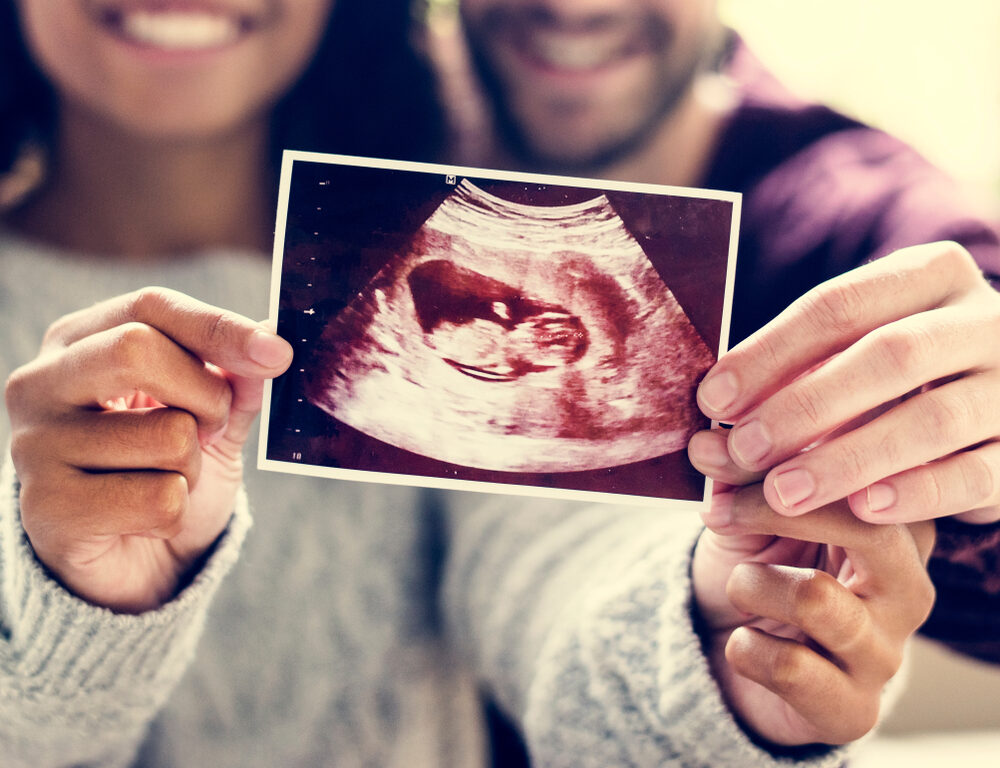To get pregnant naturally, there are a number of factors and events that will need to align. Before fertilisation can even take place, hormones are needed to produce male sperm and for the development and release of female eggs. To give you a brief overview of fertility and how it works, we’ve put together this short guide to help.
Healthy Egg and Ovulation
A woman’s eggs undoubtedly play a huge role in fertility as it’s an egg that will receive the sperm’s genetic information and form into an embryo, a foetus and then your baby. These are released every month as a part of the menstrual cycle. To use the correct terminology, this is known as “ovulation” and it takes place around 12 to 16 days before a woman’s next period starts. If the quality of these eggs is poor, it is likely that they will fail to fertilise. There is no real way to determine the quality of female eggs as there is for sperm, but what we do know however is that quality tends to deteriorate with age as does the female egg reserve. The likelihood to conceive therefore decreases with age as a woman’s egg count and quality depletes.
Healthy Sperm
Healthy sperm are also needed for fertilisation to take place. Sperm motility, morphology and count are all factors that determine the likelihood of an egg and sperm fusing. For conception sperm needs to be able to swim and make their way up to the egg. From the point where they are propelled, sperm cells must travel through the cervical canal, uterus and into the fallopian tubes where the egg will be. There’s also the fertilisation itself where the domed head of the sperm will need to pierce through the egg.
Timed Intercourse
A woman’s cycle determines when she is able to get pregnant. With good health and everything else in order, it all comes down to the timing of when the egg is released and intercourse so that both the egg and sperm can meet. The peak time to try is therefore during ovulation, although there’s the possibility of getting pregnant outside of that timeframe as sperm can survive for up to 7 days in the body after sex. To improve your chances of getting pregnant, you can plot the days of your period on a calendar, or by using a tracker to time when that will be.
Healthy Open Fallopian Tubes
Going back to eggs, healthy open tubes are needed for them to become available to any sperm that’s introduced. These can become blocked if you have Pelvic Inflammatory Disease (PID) which is a response to bacterial infections. Other causes include Endometriosis and if you have previously had them severed or clamped as a means of permanent birth control.
Hormones
Both men and women need the right levels of hormones for successful conception. In men they are needed to produce sperm, whereas for women they are needed for ovulation and eggs to mature. There are lots of ways that these can be balanced, including lifestyle changes.
If you’re trying to conceive or would like to learn more about your chances of getting pregnant as a couple, we provide female and male fertility testing services. Get in touch to arrange an appointment.

